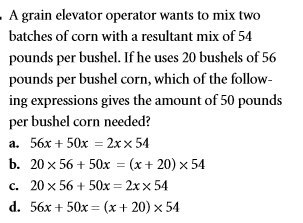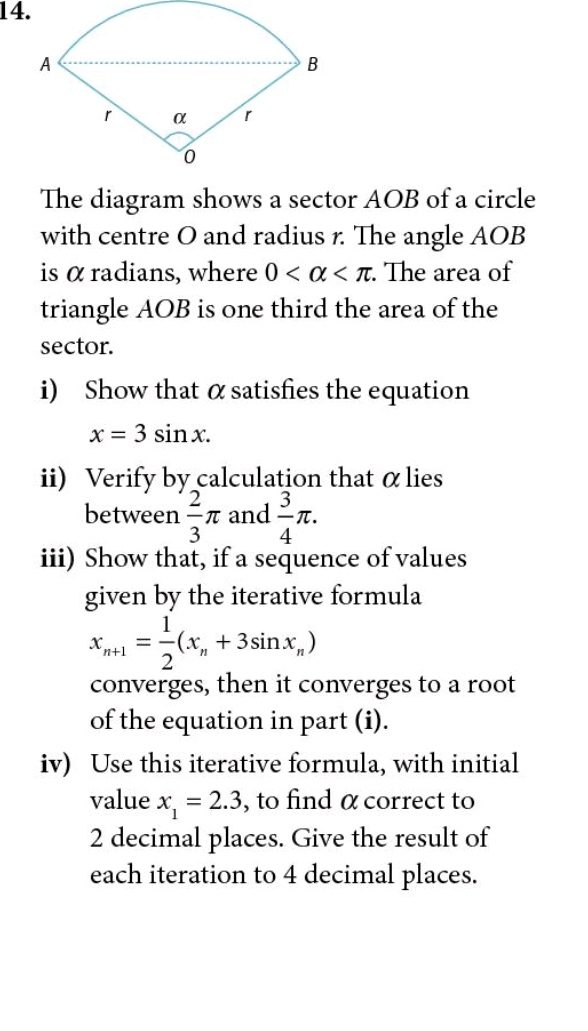
AllQuestion and Answers: Page 1207
Question Number 96392 Answers: 1 Comments: 0
Question Number 96383 Answers: 1 Comments: 0
Question Number 96377 Answers: 1 Comments: 0
Question Number 96375 Answers: 2 Comments: 0
Question Number 96373 Answers: 2 Comments: 0
Question Number 96365 Answers: 2 Comments: 0

Question Number 96358 Answers: 0 Comments: 0

Question Number 96350 Answers: 1 Comments: 2

Question Number 96349 Answers: 0 Comments: 1

Question Number 96390 Answers: 1 Comments: 0

Question Number 96346 Answers: 1 Comments: 4
Question Number 96342 Answers: 2 Comments: 2
Question Number 96340 Answers: 0 Comments: 4
Question Number 96335 Answers: 0 Comments: 0
Question Number 96330 Answers: 0 Comments: 2

Question Number 96329 Answers: 0 Comments: 2
$${x}\lfloor{x}\lfloor{x}\lfloor{x}\rfloor\rfloor\rfloor=\mathrm{88} \\ $$$${x}>\mathrm{0} \\ $$
Question Number 96321 Answers: 1 Comments: 1
$${It}\:{is}\:{given}\:{that}\:{x}^{\mathrm{2}} =\mathrm{2}^{{x}} .\:{Find}\:{x}. \\ $$
Question Number 96319 Answers: 1 Comments: 0
Question Number 96318 Answers: 0 Comments: 4
Question Number 96317 Answers: 0 Comments: 1
Question Number 96314 Answers: 0 Comments: 0
Question Number 96311 Answers: 1 Comments: 0
Question Number 96310 Answers: 0 Comments: 3

Question Number 96306 Answers: 0 Comments: 1
Question Number 96302 Answers: 0 Comments: 0
Question Number 96296 Answers: 1 Comments: 0

Pg 1202 Pg 1203 Pg 1204 Pg 1205 Pg 1206 Pg 1207 Pg 1208 Pg 1209 Pg 1210 Pg 1211
